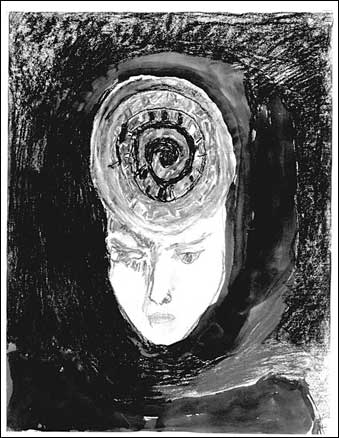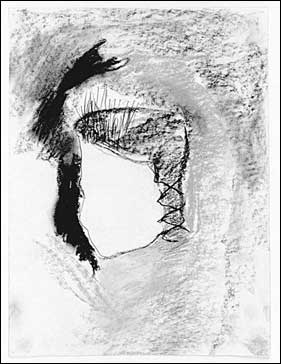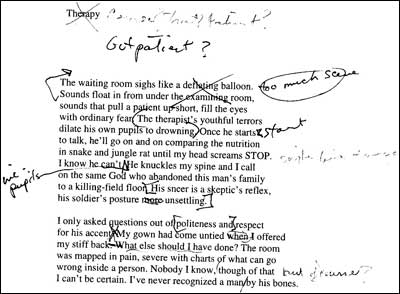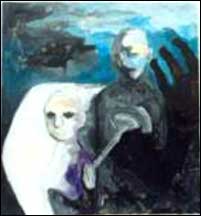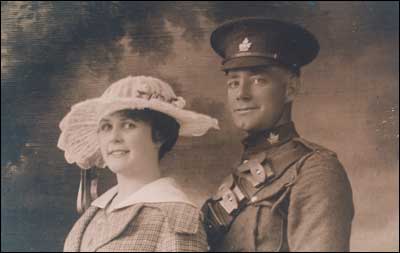
Grandma wore blue mascara
to chop dinner chicken heads. The women
cut her dead, those whispering farmwives.
To begin again, she tractored across the prairie
with sons and machines. Wheat fields waved in new opinion.
She named her girls after jewels & flowers.
Earmarking the exits for later, she harassed the neighbors
with metaphor.
Memories detach from surrounding tissue
as generations of us wait for our lovers.
When they show up, it’s never that great.
When Xmas candles ignite the fir tree
shall we remember only light and loveliness?
Hardscrabble landscapes breed hardsell seductions:
We stay, but we count on our talent for escape.
Author’s notes:
When I think of International Women’s Day, I remember my great-grandmother, Ida Arsby. She traveled from Norway to marry a man she barely knew, and farmed a parcel of land with him for years. They had 11 children. When her husband began to abuse her, accusing her of having affairs with the neighbors, she was so insulted, she left him. She was past 40 when she rode her tractor into Canada, accompanied by some of her children, and began to farm another parcel of land, this time on her own. That farm had oil on it.
I met her when she was 94. She still had blonde hair in her white braid, and bright blue eyes. I asked her what was most important in life. She told me, “Dignity, dear, is everything.” — Cheryl Snell
- Follow us on Twitter: @inthefray
- Comment on stories or like us on Facebook
- Subscribe to our free email newsletter
- Send us your writing, photography, or artwork
- Republish our Creative Commons-licensed content


